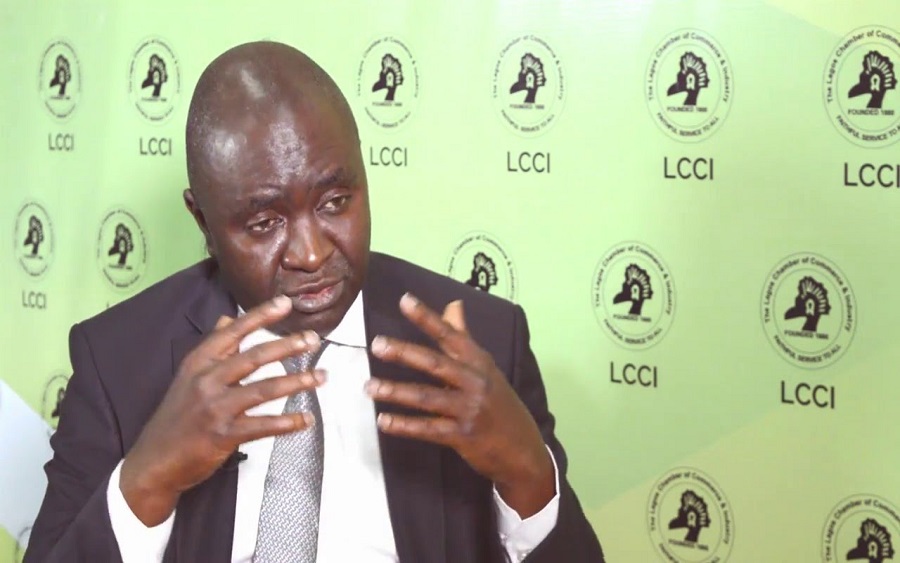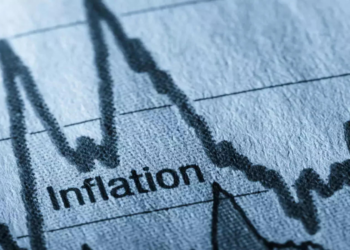The Lagos Chamber of Commerce and Industry (LCCI) has announced that Nigeria’s inflation rate, which has risen for 15 consecutive months so far, will continue its climb by 2021.
This was disclosed by LCCI DG, Dr. Muda Yusuf, at its Economic Review for 2020 and Outlook for 2021 on Sunday in Lagos.
Dr. Yusuf said the forecasted inflation rate would be a result of rising food prices due to food value chain disruptions caused by insecurity, energy costs, lack of FX liquidity and others. He said:
- “We, however, believe a broad-based harmonisation of fiscal and monetary policies towards addressing the identified structural constraints will significantly help to moderate inflationary pressure in the medium term.”
On the general economic performance, the LCCI DG said Nigeria’s economic performance was deeply affected by Covid-19 disruptions, citing that the poor economic trend would persist till the first quarter of 2021.
However, he warned that the rising second wave of the pandemic would lead to disruptions in Nigeria’s oil and non-oil economy.
He said the LCCI expected growth in ICT and Financial services for the 3rd quarter 2020 GDP figures.
- “We expect Information and Communication Technology, financial institutions, and agriculture to drive growth in the non-oil sector in the short-term; while the country’s commitment to Organisation of Petroleum Exporting Countries (OPEC) agreement is expected to dampen recovery prospects of the oil sector.”
LCCI 3Q 2020 estimates:
- Oil Sector – 13.89%
- Agriculture +1.39%
- Manufacturing -1.51%
- Trade -12.12%
- ICT+14.56%
- Financial & Insurance +3.21%
- Construction -2.84%
- Arts, Entertainment & Recreation -4.67%
- Real Estate -13.4%
- Transportation & Storage -3.45%
Agriculture
On Agriculture, LCCI warned that some Agric products might face the risk of competing with smuggled products, and disclosed that the AfCFTA might make Nigeria a destination for imported food.
- “While the ban on importation of rice, poultry and other agricultural commodities still subsists amid border reopening, there is risk of resurgence of smuggling of agricultural products into the country considering the porous nature of Nigeria’s land borders.
- “This, combined with the commencement of Africa Continental Free Trade Area (AfCFTA), could see Nigeria being a destination for imported food products in the absence of adequate border monitoring measures.
- “Additionally, heightened security concerns around the country, especially in the northern part and resurgence in herder-farmer conflict in the Middle Belt, the southwest and southeast, if unaddressed, will hamper local food production in the near term. Nonetheless, we expect a modest growth performance in year 2021.”
What you should know
Nairametrics reported that Nigeria’s inflation rate spiked by 14.89% (year-on-year) in November 2020, which is 0.66% points higher than the rate recorded in October 2020 (14.23%).
- The food index rose sharply by 18.3% in November 2020 compared to 17.38% in October 2020, representing 0.92% points higher than the preceding month.
- According to the Centre for Economics and Business Research (CEBR), Nigeria’s economy will grow by 2.4% on average in 2021-25 but will slow to 2.2% in the 2026-35 period.






















